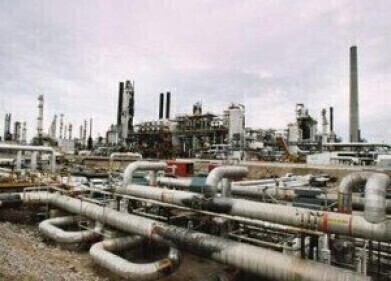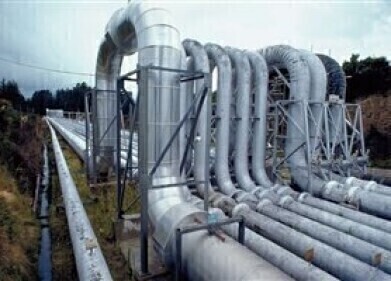Methanol Fuel
Researchers achieve low-carbon methanol fuel production at room temperature
Oct 24 2023
The relentless pursuit of sustainable energy solutions has driven scientists toward the reinvention of methanol production. Traditionally, creating methanol—a derivative of natural gas and a pivotal resource in manufacturing, pharmaceuticals, and alternative fuel—requires high-pressure, high-temperature processes that are both energy-intensive and environmentally taxing. However, recent breakthroughs in room-temperature CO2-to-methanol synthesis signal a transformative moment for green fuel technology and carbon neutrality aspirations.
Recent progress in green methanol production traces back to China's landmark success in synthetic natural gas (SNG) methanation technology. Here, a pioneering methanation catalyst, devised in collaboration between entities like CNOOC and various research institutes, demonstrated remarkable efficiency and stability in converting coal to SNG. This achievement underscored the feasibility of enhancing coal utilization while minimizing the carbon footprint, a significant stride towards sustainable fuel synthesis.
However, the genuine revolutionary shift commenced with the successive development of techniques allowing for the direct conversion of CO2 to methanol at ambient conditions. Various research institutions worldwide, from the University of Manchester to the Dalian Institute of Chemical Physics, have unveiled catalysts capable of synthesizing methanol from methane or CO2 without the customary energy-consuming conditions. These innovations are not mere incremental improvements but represent monumental departures from established methodologies.
One approach, initiated by the Manchester research group, involves a unique photocatalytic material that facilitates methane's conversion into liquid methanol at normal atmospheric conditions, employing visible light. This method transcends previous technological barriers, significantly curtailing energy requirements and enhancing process safety and convenience.
Parallelly, Chinese scientists introduced a catalyst promoting methane's transformation to methanol with minimal by-products, an advancement promising escalated process efficiency and sustainability. These concerted global efforts epitomize the scientific community's commitment to reinventing methanol production, emphasizing environmental responsibility and energy conservation.
The implications of these discoveries are profound, particularly considering methanol's centrality in the industrial sector. The newfound processes negate the need for methane flaring, a common practice that generates considerable CO2 emissions, exacerbating greenhouse effects. By enabling methane's direct conversion into a more manageable, marketable commodity, these techniques offer industries the dual advantage of environmental stewardship and economic gain.
Furthermore, the adoption of room-temperature synthesis could revolutionize global efforts to mitigate climate change. Methane, though less discussed, has a significantly more detrimental impact on global warming compared to CO2. By providing a practical, economical means of converting methane into methanol, researchers are not only presenting a method to reduce harmful emissions but also creatively utilizing them, fostering a circular carbon economy.
Despite these promising advancements, several hurdles remain. The catalysts, though effective, require further refinement for industrial-scale applications, demanding enhancements in stability, longevity, and cost-efficiency. Additionally, the full industrial adoption of these technologies necessitates substantial infrastructural adjustments and regulatory support.
Moreover, while these innovations significantly reduce the energy input requirements, there are still global supply chain considerations, especially concerning the sourcing of methane and the management of methanol production and distribution. Therefore, comprehensive life cycle assessments are imperative to validate the sustainability claims associated with these new methods, ensuring they contribute positively to the carbon neutrality goal without introducing unforeseen environmental costs.
The journey toward sustainable methanol production, though fraught with challenges, has taken a leap forward with these room-temperature synthesis methods. As we navigate the transition to a greener economy, the ability to produce methanol efficiently, safely, and sustainably marks a critical milestone.
Digital Edition
PIN 25.3 June/July
June 2024
Analytical Instrumentation - Recent Advances In Various Bench Scale Accelerated Oxidative Testing Methods For Fuels - Petrochemical Industry: Anton Paar Solutions Streamline Processes, Reduce H...
View all digital editions
Events
Jul 30 2024 Jakarta, Indonesia
Jul 30 2024 Jakarta, Indonesia
China Energy Summit & Exhibition
Jul 31 2024 Beijing, China
Jul 31 2024 Chengdu, China
Aug 05 2024 Moon Township, PA, USA



















